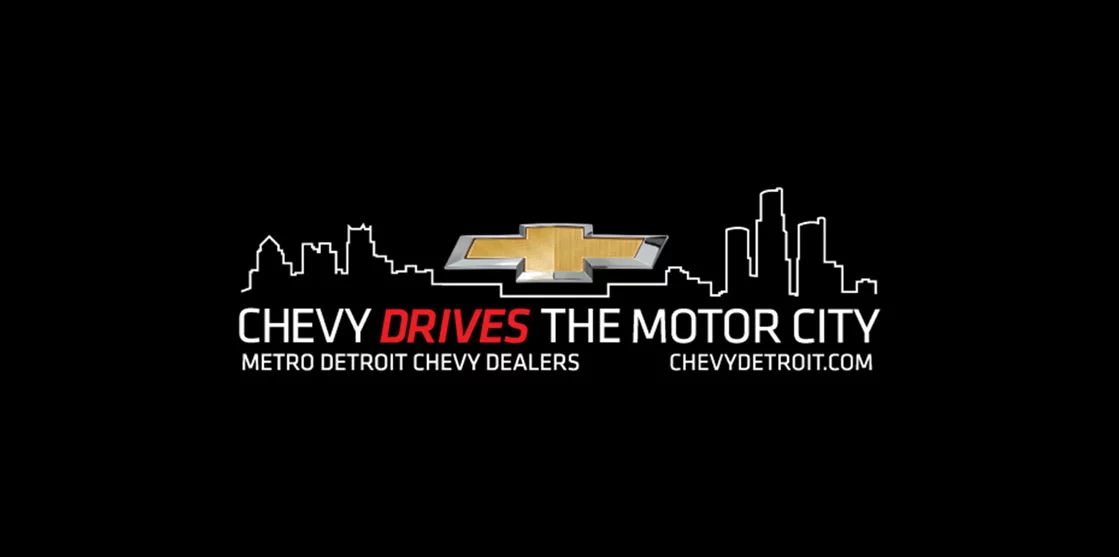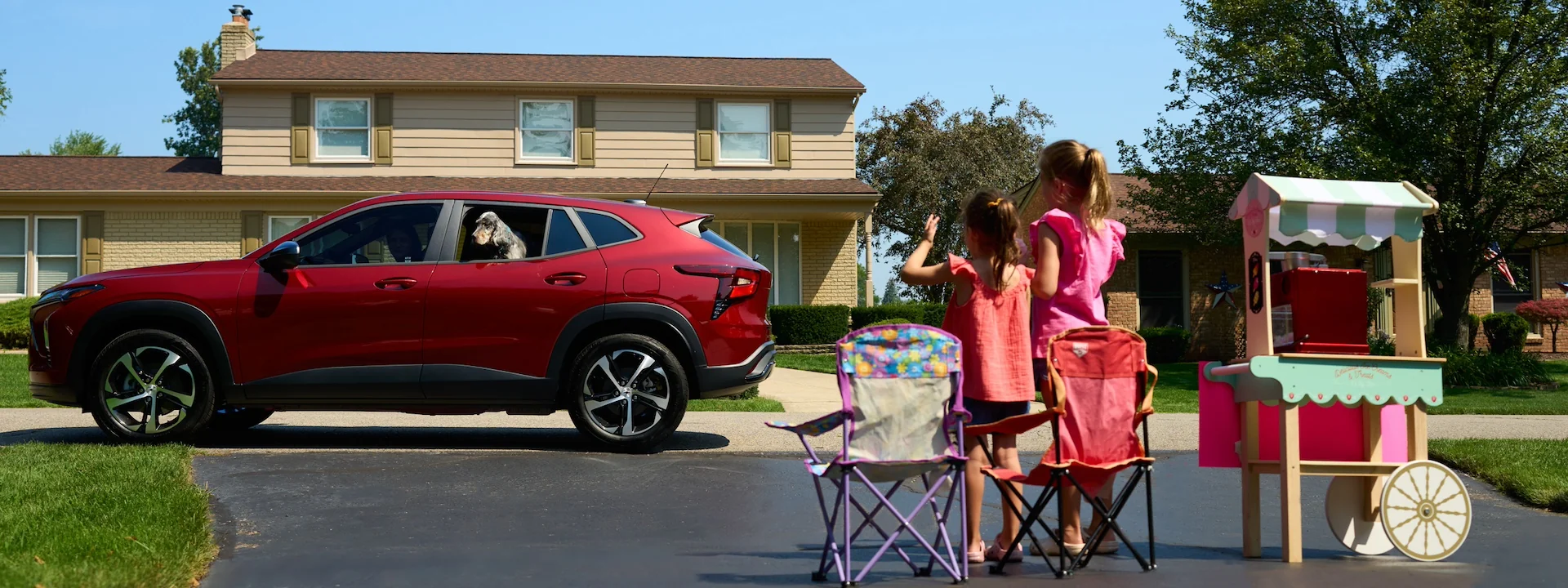The Chevy Trax offers style and practicality, perfect for making every drive fun for the whole family.

For nearly a century, the home of baseball in the D was located on the corner of Michigan and Trumbull.
From April 1912 until September 1999, the Detroit Tigers played on the site first called Navin Field, then Briggs Stadium and finally Tiger Stadium. Throughout the years, the likes of Cobb, Gehringer, Greenberg, Newhouser, Kell, Kaline, Trammell and Whitaker graced the emerald green grass at the old ballpark, which played host to four World Series Championship seasons: 1984, 1968, 1945 and 1935.
Then on Sept. 27, 1999, shortly after Robert Fick’s grand slam caromed off the roof in right field, cinching an 8-2 victory over the Kansas City Royals, the Tigers changed their home address to shiny, new Comerica Park.
But that wasn’t the end of the story for Tiger Stadium. It stood for another 10 years while dreamers and planners tried to save at least a portion of the structure, which didn’t entirely come down until the morning of Sept. 21, 2009.
For nearly a year, the vacated site stood dormant. When spring came, the grass got long and weedy — a stark contrast to the luscious, 9.5-acre lawn that once stirred the souls of urbanites more accustomed to concrete and asphalt.
Enter a grass-roots organization known as the Navin Field Grounds Crew in the summer of 2010. Headed by native Detroiter and Tigers fan Tom Derry, the group — on its own dime — started maintaining the site and has kept it in playing shape since then. In fact, they’ve hosted several games and events there over the years, and now call the place “Ernie Harwell Park,” after the late, great Tigers broadcaster.
Earlier this year, the Detroit Economic Growth Corporation announced new plans for the site, which includes bringing the Detroit Police Athletic League headquarters to it and keeping the playing field intact for youth sports. According to the DEGC, Detroit PAL’s plan calls for restoring the field while adding a gated entryway, ticket booth, historic memorabilia, lights, scoreboard, covered dugouts, home-run fence and seating for 2,500 spectators. The plan reportedly could break ground next year and be completed in late 2017.
Although the Navin Field Grounds Crew is thrilled that baseball will continue to be played on the Tiger Stadium site for the foreseeable future, there’s one major concern — saving the grass that they’ve maintained for the past five years. For now, planners are at least considering replacing the grass with artificial turf.
“I think the challenge we’re finding is natural grass will only support actual play for only a limited amount of hours in a day in a week in a year,” Detroit PAL CEO Tim Richey told The Detroit News in late June. “The synthetic turf option allows for a substantial amount of more play on the field. Our goal here is to provide an opportunity for as many kids that we can to get a chance to play on that field, not to mention the community interest in playing on that field and a lot of folks that want to get out there.
“The challenge that we have is giving lots of people a chance to play on that iconic field, and trying to do so with a natural grass option is going to limit that opportunity.”
Derry and his group have started a change.org petition to show their opposition to artificial turf.
“At least give it a chance — give grass a chance,” Derry said Wednesday. “When you hear people talk about their memories of Tiger Stadium, they talk about walking up the ramp and seeing the grass for the first time. It just makes sense to preserve what we still have.
“We have something really special here. To tear out that grass would be one of the biggest mistakes ever in baseball.”
Derry also said that he’s personally witnessed people spreading the ashes of their deceased loved ones on the Tiger Stadium site, making it “sacred ground.”
“If there’s any one place in Michigan that should have real grass, it’s that place,” he said.
Whether the grass stays or not, at least baseball will go on where its history in the D is firmly rooted.

